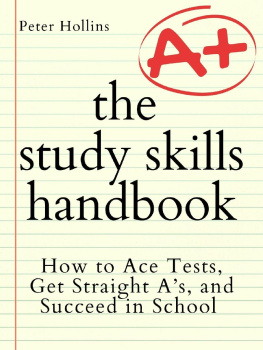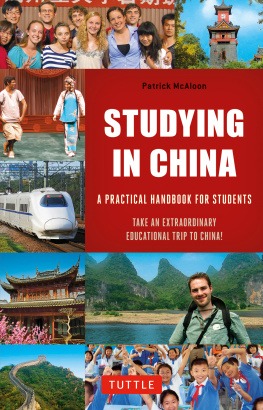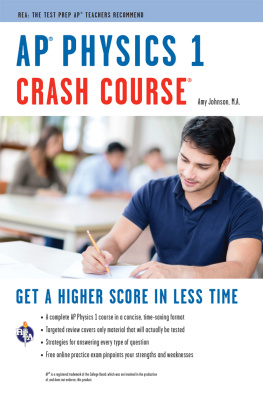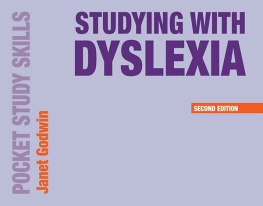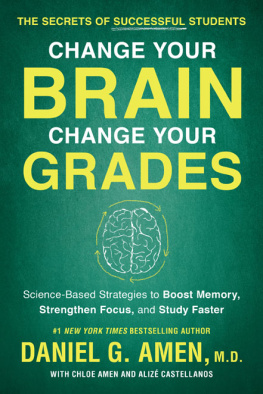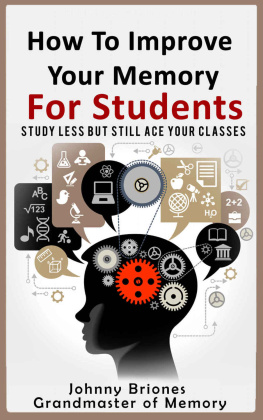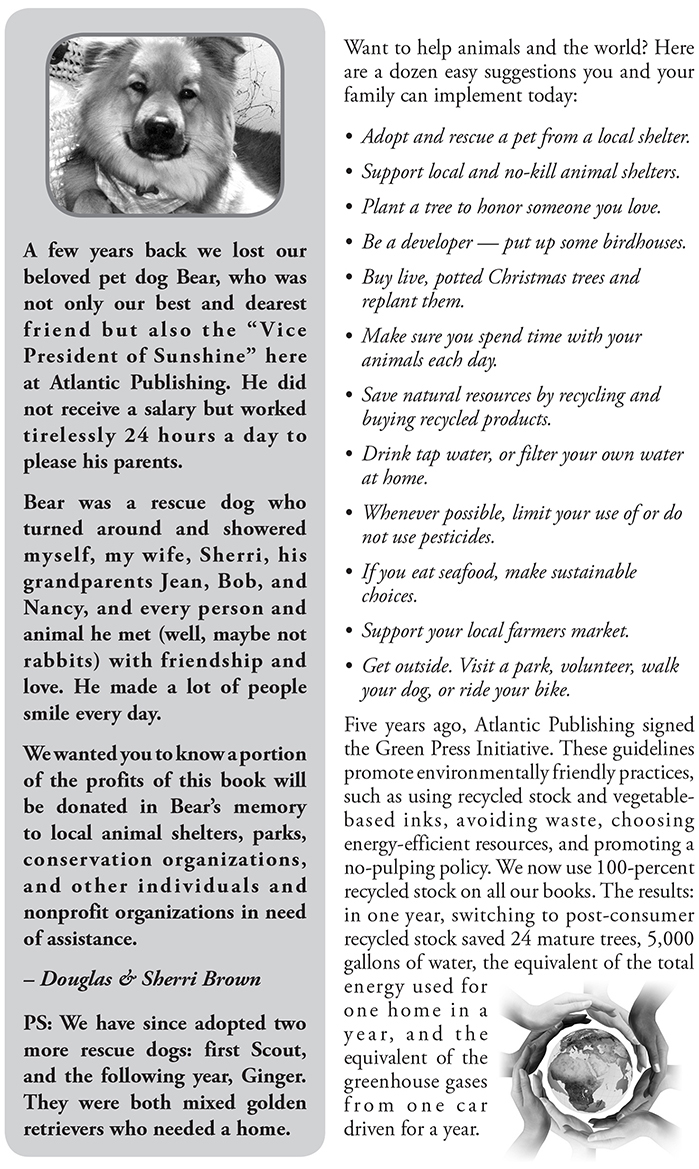Janet Engle - 101 Ways to Make Studying Easier and Faster for High School Students: What Every Student Needs to Know Explained Simply
Here you can read online Janet Engle - 101 Ways to Make Studying Easier and Faster for High School Students: What Every Student Needs to Know Explained Simply full text of the book (entire story) in english for free. Download pdf and epub, get meaning, cover and reviews about this ebook. year: 2008, publisher: Atlantic Publishing Group Inc., genre: Home and family. Description of the work, (preface) as well as reviews are available. Best literature library LitArk.com created for fans of good reading and offers a wide selection of genres:
Romance novel
Science fiction
Adventure
Detective
Science
History
Home and family
Prose
Art
Politics
Computer
Non-fiction
Religion
Business
Children
Humor
Choose a favorite category and find really read worthwhile books. Enjoy immersion in the world of imagination, feel the emotions of the characters or learn something new for yourself, make an fascinating discovery.
- Book:101 Ways to Make Studying Easier and Faster for High School Students: What Every Student Needs to Know Explained Simply
- Author:
- Publisher:Atlantic Publishing Group Inc.
- Genre:
- Year:2008
- Rating:4 / 5
- Favourites:Add to favourites
- Your mark:
101 Ways to Make Studying Easier and Faster for High School Students: What Every Student Needs to Know Explained Simply: summary, description and annotation
We offer to read an annotation, description, summary or preface (depends on what the author of the book "101 Ways to Make Studying Easier and Faster for High School Students: What Every Student Needs to Know Explained Simply" wrote himself). If you haven't found the necessary information about the book — write in the comments, we will try to find it.
Have the time of your life in high school without worrying about how you will do on the next exam! Thanks to 101 Ways to Make Studying Easier and Faster for High School Students, you will learn more efficient ways of studying so that you will have more time for the activities you want to do.
Dont waste time studying material that you dont understand. Rather, find a way to study more efficiently. This book provides you with new study methods to cut back on your study time and also ensure that you are studying the correct material. Learn new ways to take notes, get more information out of lectures, ask better questions, expand your vocabulary, research the proper material, and much more. This book will also help prepare you for college by providing you with more efficient study habits that you can use for years to come.
No two people learn the same way, and no single study method will work for everyone. While this book introduces you to multiple study methods, the aim is to improve your learning, your understanding, and, ultimately, your grades.
Janet Engle: author's other books
Who wrote 101 Ways to Make Studying Easier and Faster for High School Students: What Every Student Needs to Know Explained Simply? Find out the surname, the name of the author of the book and a list of all author's works by series.



